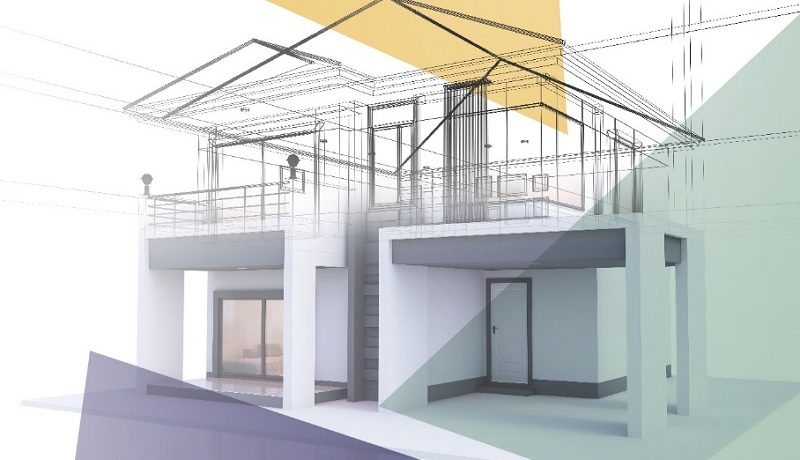Evaluation energy efficiency. New tool facilitates evaluation of energy efficiency investment and uptake of on-bill schemes to help the EU reach its decarbonization goals
On-bill schemes are important tools for lifting some important existing barriers to energy efficient renovation investments and have already gained the attention of EU policymakers who have included them in building renovation-related legislative files. The newly released RenOnBill tool aims to derisk energy efficiency investments by better evaluating interventions. However, more policy efforts are needed to secure and maximise the uptake of on-bill schemes in the EU and thus fulfil the European commitment to fight climate change and implement stronger climate policy actions.
In order to achieve the European Commission’s long-term energy vision for 2050, it is necessary to dramatically increase the yearly buildings renovation rate, i.e. from the current 1% (roughly, depending on the country) to at least 2.3%. The evaluation of energy efficiency interventions, however, is affected by numerous parameters and variables and most of them are uncertain. In addition, most of the analyses do not include the estimation of the risk connected with the energy efficiency investments. This approach has led to perceiving energy investments by financial institutions as high-risk and thus limited their commitment. Given these issues, new and innovative ways of financing retrofits are vital.
The new RenOnBill tool, released on April 5 during the H2020 project’s final conference that saw the participation of multiple experts at EU and Member States level, tackles these issues by providing a simple and effective instrument directed mainly to both financial institutions and energy utilities tp structure the residential sector’s energy renovation demand, assess risks and investments and facilitate the implementation of on-bill schemes.
“On-bill schemes are important tools for involving the private sector in financing and implementing energy renovation of residential buildings and thus resolving some important existing barriers to energy efficiency investments.” says Vincenzo Bianco, Professor at University of Genova, the RenOnBill partner who developed the tool. “By providing the investors with a detailed amount of information for the development of sophisticated investment strategies and design of on-bill programs, the tool has the potential to facilitate large investments in energy efficiency interventions and thus upscaling the renovation rate that can thus help the EU reach its decarbonization goals.”
Due to the different benefits they can provide, on-bill schemes have already gained the attention of EU policymakers who have included them in building renovation-related legislative files, such as the Energy Performance of Buildings Directive (EPBD) recast proposal from December 2021. However, more policy efforts are needed to secure and maximise the uptake of on-bill schemes in the EU. This is extremely important given the EU commitment to fighting climate change and related climate policy actions such as the adoption of the European Green Deal and a constant pursuit of reduced greenhouse gas emissions and increased energy efficiency.
On-bill schemes use the utility bill as a repayment vehicle and bring different actors into a building renovation project. On-bill scheme (OBS) refers to a method for financing energy renovations by using the utility bill as a repayment vehicle. On-bill schemes bring the upfront costs of energy efficiency upgrades down to zero by adding a periodical line item to a customer’s utility bill, which represents an advantage for end-users willing to renovate their houses. Certain features of on-bill schemes that are not easily found in other financing instruments can help strike a balance between the interests of different renovation participants and resolve barriers to energy renovation.
In 2021, RenOnBill was awarded the prestigious Citizens’ Award at the EU Sustainable Energy Awards.
Partners of RenOnBill: adelphi (Germany), Bluenergy (Italy), BPIE – Buildings Performance Institute Europe (Belgium), Creara (Spain), Epta Prime (Italy), Fenie Energia (Spain), Kauno Energija (Lithuania), LEI – Lietuvos energetikos institutas (Lithuania), UNIGE – Universitá degli studi di Genova (Italy).
RenOnBill stands for Residential Building Energy Renovations with On-Bill Schemes and aims to scale up investments towards deep energy renovations of residential buildings by promoting the development and implementation of on-bill schemes, based on the cooperation between energy utilities and financial institutions
This project has received funding from the European Union’s Horizon 2020 research and innovation programme under grant agreement No #847056.
– BYinnovation is Media Partner of BPIE

